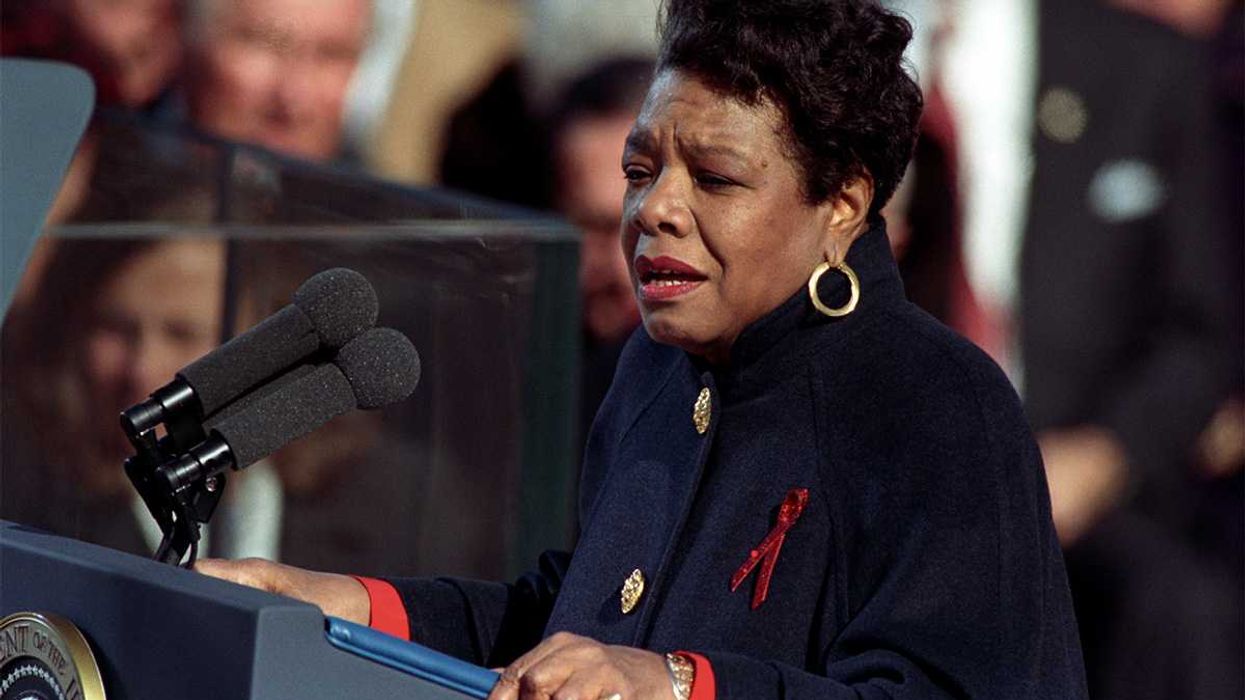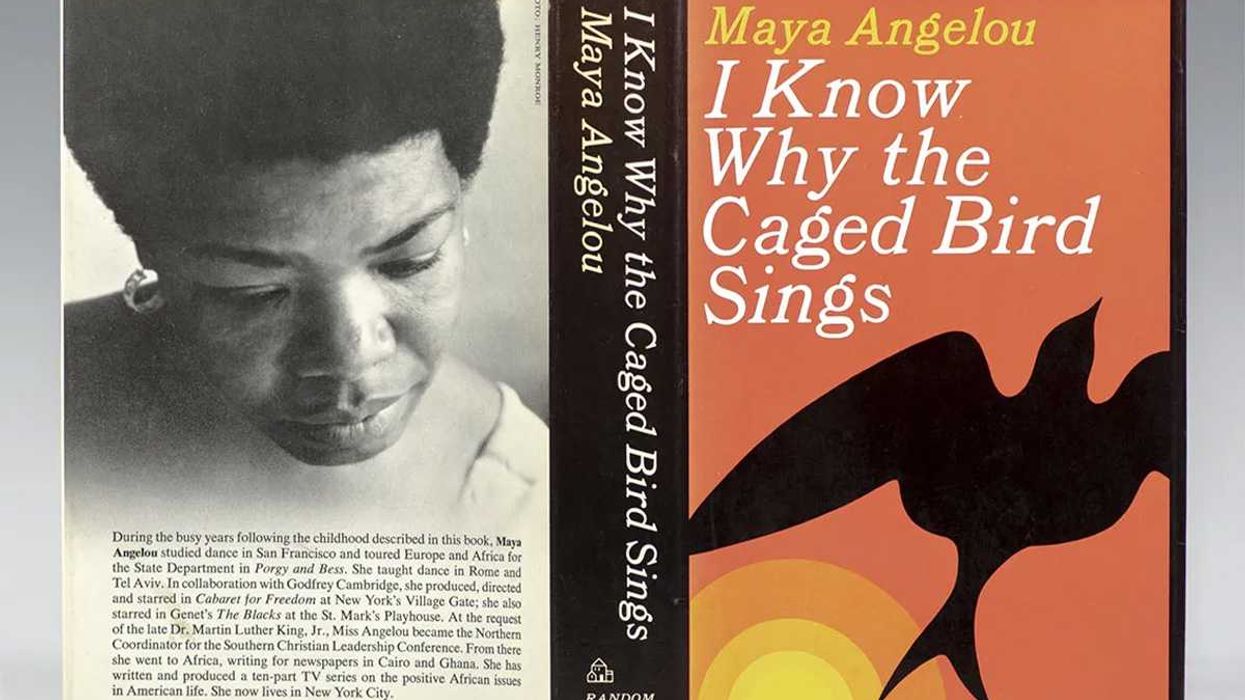The United Nations' Intergovernmental Panel on Climate Change released a terrifying report last year that said the world has 12 years to reduce its carbon output by 45% to avoid a climate catastrophe.
That was last year, so now we have 11 years to get our collective act together.
What will happen if we don't? Inside Climate News says it will result in "dangerous and costly disruptions to global societies and ecosystems, including longer, hotter heat waves and more frequent crop-killing droughts."
We'll also face melting glaciers, polar ice sheets, and the thawing of Arctic permafrost which will lead to rising sea levels.
RELATED: Breaking down the conspiracy theory mindset at the heart of climate change denial
Obviously, we need to act fast to help the environment, but if humanity falls short, we'll all need a plan B. And no, the moon isn't an option.
The best thing to do would be to move to a safe location that will be somewhat positively affected by the forces that will turn the Earth into a wretched hellscape.
The folks over at Popular Science believe they've come up with the best place to live in America in 2100 when climate change is in full effect: Michigan's upper peninsula, specifically Sault Ste. Marie.
The map below details what America will look like in 2100.
The entire coastline, from Main, down to Florida, up the California coast to Washington will be flooded.
Disease-carrying mosquitoes will take over most of the western states, including: Nevada, New Mexico, Idaho, Oregon, and Washington.
A rise in water-vapor concentration will turn parts of Texas and Oklahoma into tornado alley while hurricanes will devastate Florida and Appalachia.
RELATED: A plaque addressed 'to the future' marks Iceland's first glacier lost to the climate crisis
However, Michigan's northern peninsula will probably be a nicer place to live than it is now. "[It] will be only slightly warmer than it is now (don't sweat it; you can still ice fish) and will be lucky enough to escape most of the changes wreaking havoc on the rest of the country," the map reads.
The Sault Ste. Marie visitors bureau paints a pretty picture of the town.
We're a diverse waterfront community, and we offer a wealth of things to see and do. Visit us for year-round recreational activities, historical sites, the world-famous Soo Locks, Tahquamenon Falls, spectacular lighthouses, and pristine natural environments.
According to Zillow, you can get a nice house in Sault Ste. Marie for around $100,000.
This two-story, three bed, two bath, 1300-square foot historical home on Seymour Street is on a nice-looking block. Plus, the neighbor has an apple tree that hangs onto your property.
Not a bad way to spend the rest of your life riding out the climate apocalypse. That is, if you live until 2100. If not, the grand kids should love it.

















 Self reflection.Photo credit
Self reflection.Photo credit  Older woman touching hands with a younger self.Photo credit
Older woman touching hands with a younger self.Photo credit  Sign reads, "Regrets Behind You."Photo credit
Sign reads, "Regrets Behind You."Photo credit 
 Couple talking in the woods.
Couple talking in the woods. Woman and man have a conversation.
Woman and man have a conversation. A chat on the couch.
A chat on the couch. Two people high-five working out.
Two people high-five working out. Movie scene from Night at the Roxbury.
Movie scene from Night at the Roxbury.  Friends laughing together.
Friends laughing together.
 Maya Angelou reciting her poem "On the Pulse of Morning" at President Bill Clinton's inauguration in 1993.William J. Clinton Presidential Library/
Maya Angelou reciting her poem "On the Pulse of Morning" at President Bill Clinton's inauguration in 1993.William J. Clinton Presidential Library/  First edition front and back covers and spine of "I Know Why the Caged Bird Sings."Raptis Rare Books/
First edition front and back covers and spine of "I Know Why the Caged Bird Sings."Raptis Rare Books/ 
 Tow truck towing a car in its bedCanva
Tow truck towing a car in its bedCanva  Sad woman looks at her phoneCanva
Sad woman looks at her phoneCanva  A group of young people at a house partyCanva
A group of young people at a house partyCanva  Fed-up woman gif
Fed-up woman gif Police show up at a house party
Police show up at a house party 
 A trendy restaurant in the middle of the dayCanva
A trendy restaurant in the middle of the dayCanva A reserved table at a restaurantCanva
A reserved table at a restaurantCanva Gif of Tim Robinson asking "What?' via
Gif of Tim Robinson asking "What?' via 

 An octopus floating in the oceanCanva
An octopus floating in the oceanCanva